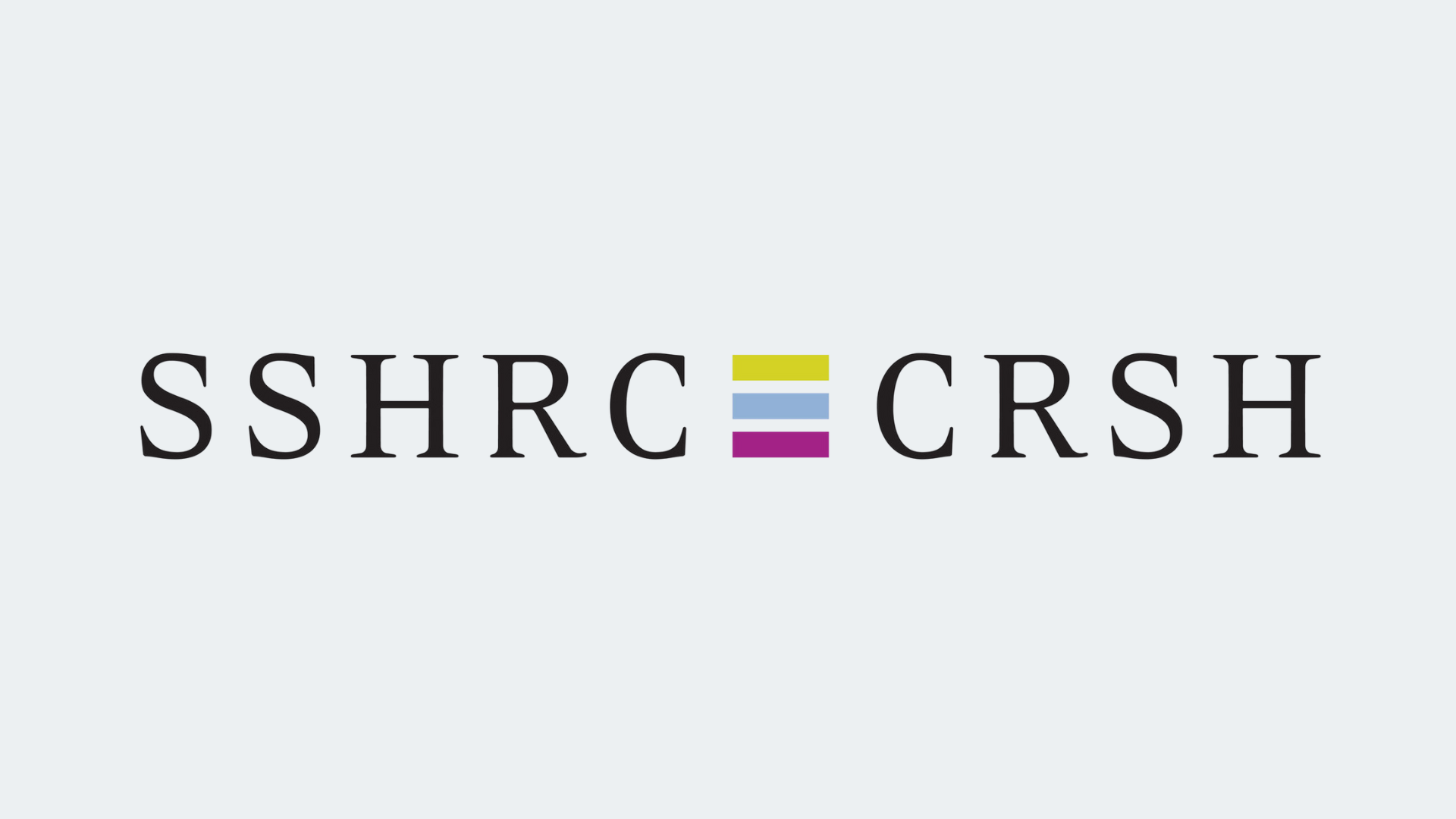

A few weeks ago, we brought you the editorial, “Style, Voice, and Using Evidence: 7 Tips for Writing a Better History Essay”, in which fourth-year History Honours student and History Writing Centre Peer Tutor Elizabeth Elliott shared her tips for how to build a solid foundation for your next essay. You gathered a variety of textual evidence, found your active voice, and formed a strong thesis. Now what?
The effort put into polishing your writing is often what makes the difference between a good essay and a great one. In this editorial, read about five additional tips for how to write a better History essay through proofreading, editing, and formatting.
Proofreading and Editing
Clarity and specificity: What Does ‘This’ Refer to?
Be cautious of word choice. The word “this” is often problematic in papers because it is unclear what “this” refers to. Search your document for “this” (command + F on Mac or ctrl + F on PC). For every instance, reread your sentence and think about if you can expand on what “this” is to be more specific.
Example
Before: “When we consider this in the history of Métis rights…”
After: “When we consider Louis Riel’s role in the National Committee of the Métis in the history of Métis rights…”
Succinctness
Sometimes all that is needed for clarity is to elaborate further upon your point. However, you should also avoid being repetitious. Your sentences should work to persuade your audience by building on the previous sentence to develop your argument: every sentence should propel your argument forward. Anything that does not contribute further to your argument should be cut.
Tone and Voice
Remember your audience. You should seek to use the appropriate terms for your topic. To do this, familiarize yourself with the relevant historiography and adopt the terms they use to describe these ideas. Also ask yourself: am I making an argument that is sensitive to the subject matter? Consider other peoples’ perspectives and values respectfully. Be conscientious about seeking to understand cultural contexts and perspectives that may be different from your own. Moreover, engage with the existing historiography in a respectful manner: criticism is often welcomed, but it should also be justified. Your interpretation of historical events is an interpretation, not necessarily the only fair interpretation of events.
Avoid colloquial phrases. When conceptualizing an essay, you may find it helpful to begin by considering how you would explain your ideas to a friend. However, you should strive for a formal tone in your final draft and remember that your professor will be reading the paper.
Read Out Loud
When proofreading, you should print out a copy of your paper and read it out loud. In doing so, you will hear grammatical errors, points that need clarification, as well as more natural places to begin and end sentences that fit within the flow of your breath. Pay special attention to sentences that are difficult to say. If it is awkward or confusing to say out loud, it will likely be confusing for someone to read quietly in their head.
Formatting
Frequent formatting errors can impact an otherwise excellent paper by disrupting and distracting from your narrative flow. Some formatting issues are a matter of convention, while others affect the structure of your paper and the strength of your argument. For example, if you have multiple footnotes at the end of a sentence, you should consolidate them into a single note rather than several. This is a matter of convention, but it also makes your paper easier to read. By contrast, an improperly formatted block quote is a more serious problem because it will disrupt the reader as they try to make sense of a piece of seemingly random text in your paper. Unless otherwise specified, you should be using Chicago manual 17th edition for all History papers.
The History Writing Centre is a peer-to-peer tutoring service that operates on a drop-in basis. Office hours are Wednesdays and Fridays from 11 am to 1:30 pm. Check out the History Writing Centre webpage for more information on how to make your writing stronger.


